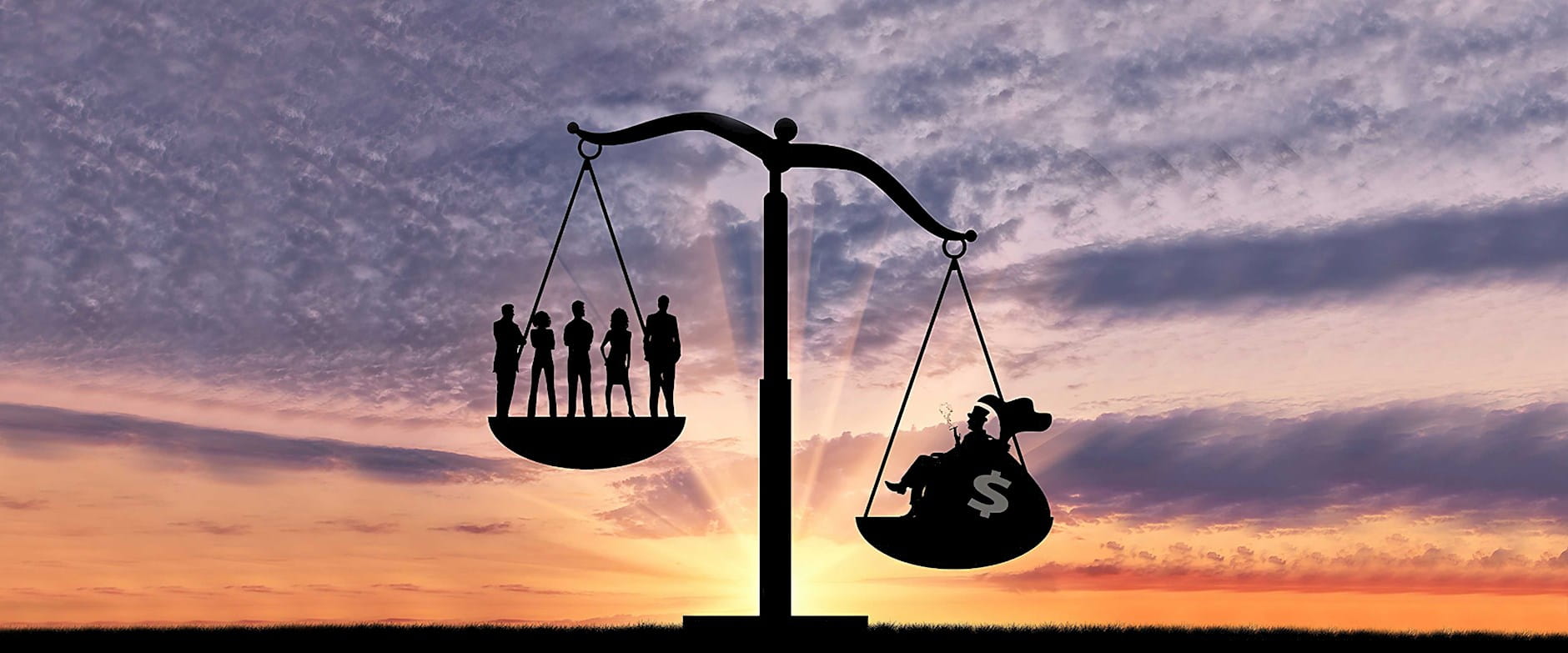I think there are very large concerns that this situation is going to exacerbate inequality.
If you think about just the immediate consequences of this recession and the public health threat and these stay-at-home orders, there are large differences in the extent of different occupations to be able to work remotely and who’s already lost their jobs.
If you look at the distribution of which jobs already are most affected by this recession two or three weeks in, it’s very disproportionately hitting small retail chains and restaurants and bars, and these are the types of jobs where it’s very difficult to work remotely and work from home. When you see these large spikes in unemployment, those spikes in unemployment are disproportionately in these jobs that can’t be done remotely, and these jobs that cannot be done remotely also tend to be the lower-skill, lower-income jobs in the economy.
So the immediate impacts of this are going to very much disproportionately hit the lower-skilled part of the income distribution. They’re going to hit low-income people more than high-income people. These are also the households of the people that have lower liquidity, lower savings in their bank accounts, and they’re less able to weather negative shocks when they come along.
The direct effects of the recession are very disproportionately, at least for now, hitting the people who are least able to bear negative shocks. These are the people getting unemployed, and they’re also simultaneously the people who are least able to weather periods of unemployment when they come along.
Another big concern about inequality effects and their spillovers and interactions with the public health threat itself is that, again, if you’re thinking about these people who are most disproportionately losing their jobs at the moment, these lower-skilled workers in the service industries, these are also the jobs that are less likely to have health insurance in the first place. So, these people are more likely to suffer negative health consequences.
I think also these large spikes in unemployment, especially if these are kind of transitory events, show some of the concerns about a health insurance system that’s so tightly linked to employment. As you have large swaths of the workforce who are temporarily furloughed, or, even if we think this is a transitory shock, if they’re unemployed for several months, they’re going to lose their employer health insurance coverage—if they ever had it in the first place—and suffer the resulting health consequences of that.
I can certainly imagine increased support for some form of more universal, broader health care coming out of this.
